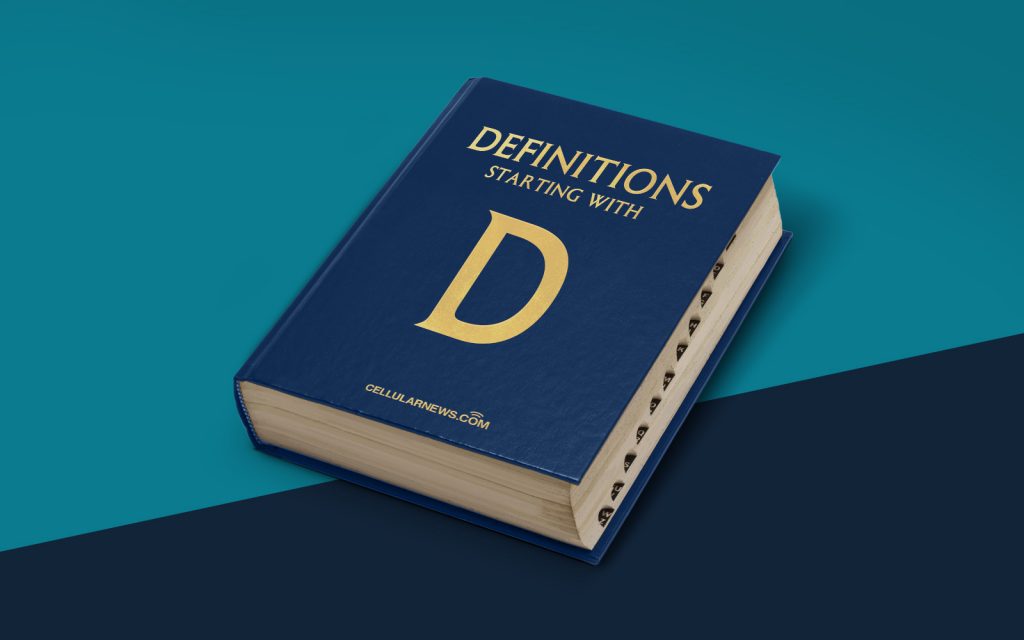
DEFINITIONS: What is Data Ownership?
Hello there, fellow data enthusiasts! Today, we dive into the fascinating world of data ownership. If you’ve ever wondered about the control and rights associated with your data, you’ve come to the right place. In this blog post, we will explore the concept of data ownership, its importance in the digital age, and how it affects individuals and organizations alike.
Key Takeaways:
- Data ownership refers to the legal rights and control individuals or organizations have over the data they collect or generate.
- Data ownership is essential for protecting privacy, ensuring compliance with regulations, and enabling responsible data management.
In today’s data-driven world, where powerful insights and decisions are derived from data, understanding data ownership is crucial. So, let’s begin by answering the fundamental question: What is data ownership?
Data ownership refers to the rights and control individuals or organizations possess over the data they generate, collect, or store. It encompasses the legal rights and responsibilities that determine who can access, use, share, and dispose of data.
Now that we understand the notion of data ownership, let’s explore why it holds such significance:
1. Protecting Privacy and Security
Data ownership is closely linked to privacy and security concerns. By asserting ownership over your data, you can control who has access to it and safeguard it from unauthorized use or theft. In an era where data breaches and cyber threats are on the rise, data ownership plays a vital role in protecting sensitive information and preserving privacy.
2. Ensuring Compliance and Accountability
Data ownership is critical for ensuring compliance with data protection laws and industry regulations. By owning your data, you have the responsibility to handle it in a lawful and ethical manner. This includes obtaining the necessary consent, implementing security measures, and adhering to data retention and deletion policies. Ownership reinforces accountability and helps organizations demonstrate their commitment to responsible data management.
With a solid understanding of data ownership and its significance, let’s examine how it affects individuals and organizations:
Data Ownership: Individuals vs. Organizations
Individuals:
- Individuals have the right to own and control the data they generate or provide, such as personal information shared online, shopping preferences, or social media activity.
- Understanding data ownership empowers individuals to make informed choices about their data, exercise their privacy rights, and protect themselves from potential misuse.
Organizations:
- Organizations, as data controllers, own and control the data they collect from customers, employees, or any other data sources.
- Data ownership is crucial for organizations to establish trust with their stakeholders, comply with data protection regulations, and implement robust data governance frameworks.
In conclusion, data ownership is all about having the rights and responsibilities to control and protect your data. By understanding data ownership, both individuals and organizations can ensure privacy, security, and compliance in an increasingly data-centric world. So, embrace the power of data ownership and take charge of your digital destiny!
